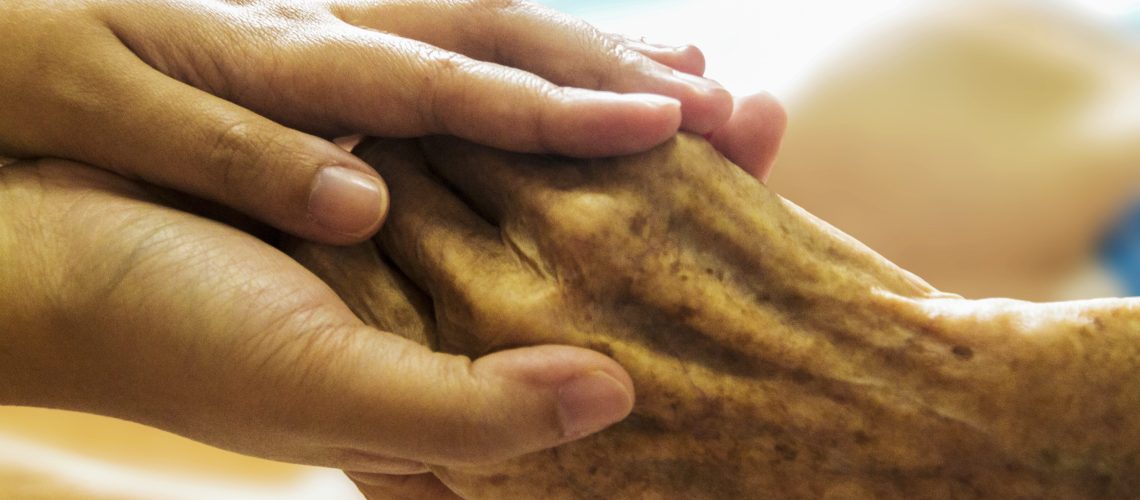The nighttime hours can be a time of danger for some seniors who live alone.
Falls often happen at night, when an elderly person gets up to use the bathroom. Some seniors experience sleeplessness or increased anxiety at night. Many with early and mid-stage dementia or Alzheimer’s disease exhibit increased agitation beginning in the evening and lasting into the night, a phenomenon known as “sundowning”. In some cases, a senior may even attempt to leave the house during the night.
When issues like these occur, overnight care from an in-home care provider can be invaluable to ensure the individual’s nighttime safety.
The need for overnight care may come on gradually, as an individual’s eyesight or mobility becomes more limited, or as dementia begins to set in. In other cases, an independent senior may suddenly require overnight care after a serious illness, surgery, or hospitalization.
When family members live too far away or have work or family obligations that make it impossible for them to be present during the night, an overnight caregiver may give everyone peace of mind.
Short- or Long-Term
Some seniors hesitate to accept care for fear it means the end of their independence. In reality, short-term overnight care after an illness may help prevent a relapse that results in a sudden return to the hospital. Short-term overnight care also may benefit a senior after the death of a spouse, or after a move into an assisted-living facility.
Longer term overnight care may be appropriate for seniors with dementia or Alzheimer’s disease who are experiencing nighttime confusion or wandering. In end-of-life situations, an overnight caregiver can offer a needed respite for family members, who may take comfort in knowing that their loved one’s overnight needs will be met by a trained professional caregiver.
Overnight care is not the same as live-in care. Typically, the caregiver arrives shortly before bedtime and leaves after the client’s morning routine is completed. Shifts typically run 12 hours, although adjustments may be made to accommodate individual needs.
Cost of Overnight Care
Overnight caregivers are expected to remain alert throughout the night and must be paid for the entire night. You may be billed by the hour or by the 12-hour shift. Typical agency rates are $20 to $24 per hour, or around $250 per shift.
Services
Overnight care may include such services as:
- Helping the individual get ready for bed;
- Assisting with nighttime bathroom needs, or providing incontinence care;
- Helping the client get comfortable in bed and assisting with repositioning throughout the night;
- Reminding or assisting the client to take needed medications;
- Providing companionship, safety, and reassurance to a wakeful or restless individual;
- Assisting with the client’s morning routine, which may include preparing breakfast and making the bed.
Emergencies
The presence of an overnight caregiver may help prevent emergencies by ensuring that the client takes medications on schedule and does not fall or wander outside during the night. When an emergency does occur, the caregiver can provide first aid, call emergency services, and stay with the client until a family member arrives.
When an elderly person begins to experience nighttime anxiety or wakefulness, overnight care may help the individual maintain independence at home for a longer period. At the same time, family members will sleep better knowing that their loved one is safe at night.
If you have any questions about overnight care, please contact us at any time.


